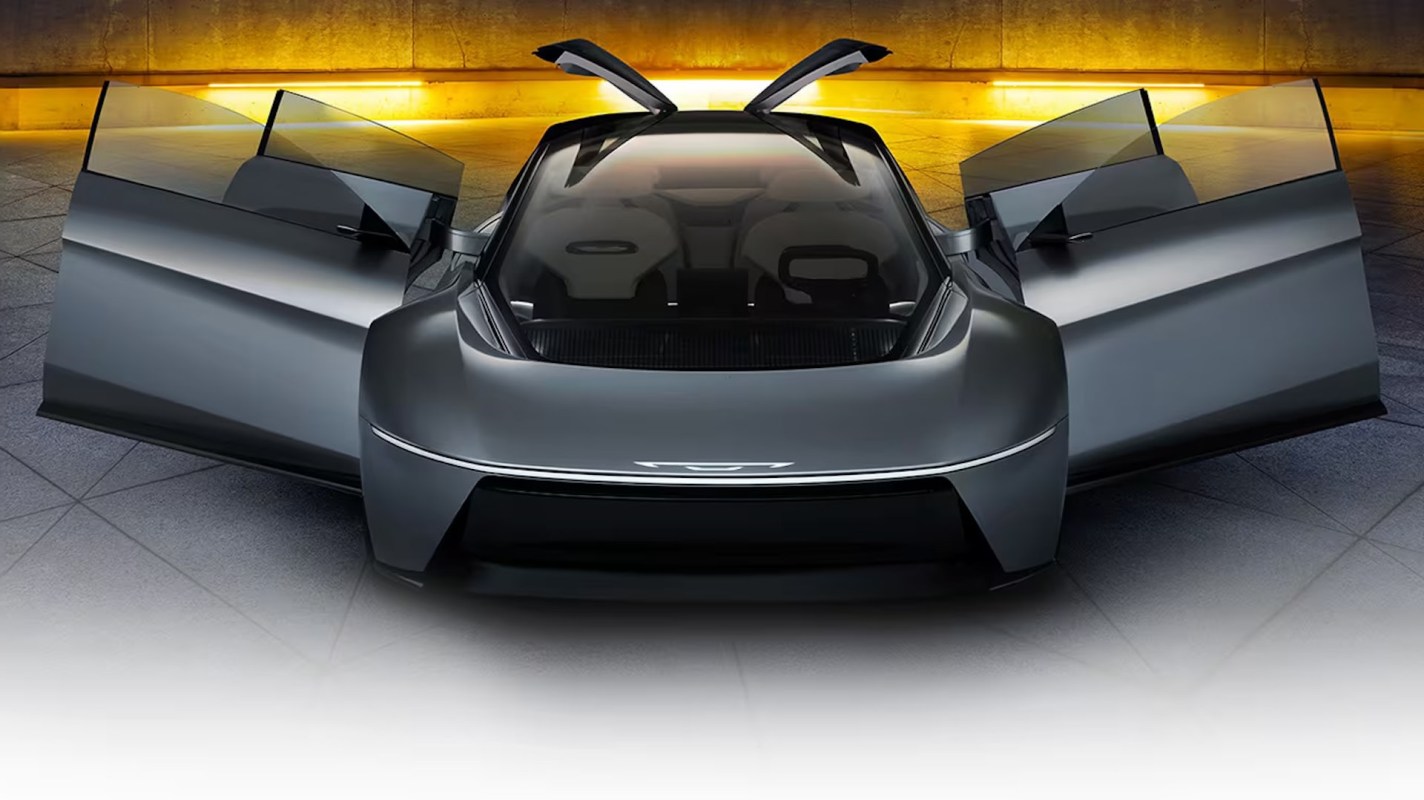"Big Three" automaker Chrysler will use lithium-sulfur batteries instead of the more traditional lithium-ion batteries in its new line of electric vehicles.
Chrysler has contracted battery technology developer Lyten to provide the batteries. The California-based company opened its first automated lithium-sulfur battery production line in San Jose last year and recently told The Cool Down it is "targeting a battery that has greater than twice the energy density of lithium-ion and will be more than 40% lighter weight."
Unlike lithium-ion batteries, lithium-sulfur batteries do not require rare earth materials such as nickel, cobalt, or manganese, which are non-renewable resources that must be mined, causing extensive environmental damage. (The lithium-sulfur batteries do, of course, still contain lithium.) Lyten said that as a result, its batteries have a 60% lower carbon footprint than the best lithium-ion batteries currently on the market.
"Just as Halcyon exemplifies the fully electrified future of the Chrysler brand, we believe our lithium-sulfur batteries represent the future battery platform of electric vehicles, sourced through entirely local supply chains and manufactured in the U.S., Europe, and eventually around the globe," said Lyten CEO and co-founder Dan Cook.
"We've been able to dramatically accelerate the development timeline of lithium-sulfur through the discovery and commercialization of our 3D Graphene innovation," Cook added.
Scientists have been working hard in recent years to develop more planet-friendly alternatives to lithium-ion batteries for EVs (which are still much more planet-friendly than gasoline-powered cars).
Although Lyten, which recently received a $4 million grant from the Department of Energy, is not the only company that has developed a lithium-sulfur alternative, the fact that its batteries are going to appear in a line of EVs is a big step forward for the industry — scientific innovations are one thing, but scaling those innovations commercially and getting them to market is another entirely.
Lyten has been able to do both. Last year, it garnered $200 million in Series B funding from companies including Stellantis (which owns Chrysler, along with Dodge, Fiat, and others), FedEx, and Honeywell.
Not only does Chrysler's use of Lyten's batteries lower its product's environmental impact, but by making a deal with a company that manufactures its EVs in the United States, Chrysler ensures that it will remain one of the few companies whose cars still qualify for the Inflation Reduction Act EV tax credit.
Join our free newsletter for weekly updates on the coolest innovations improving our lives and saving our planet.









